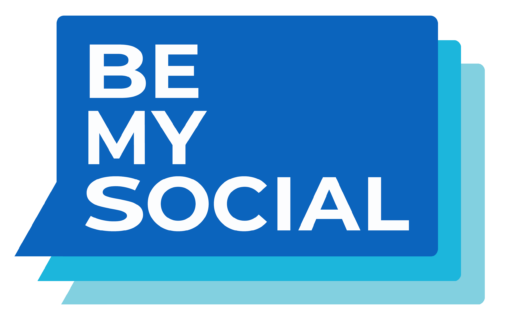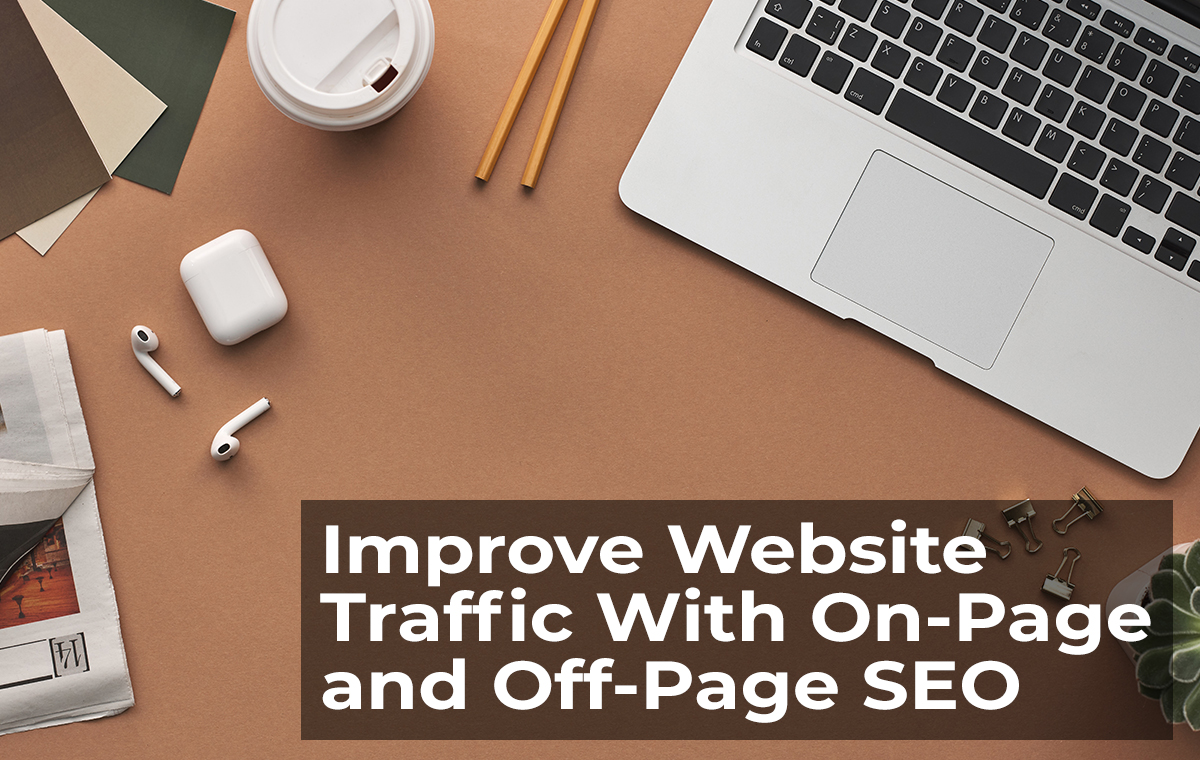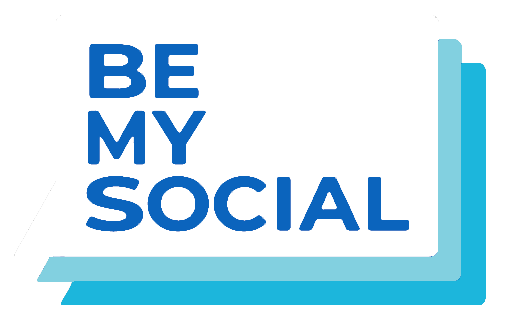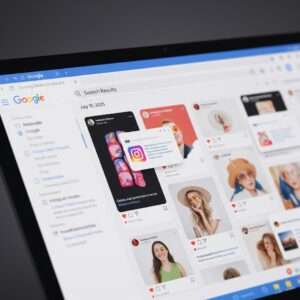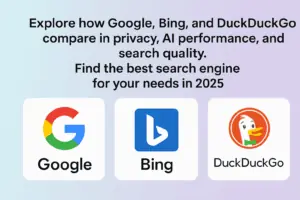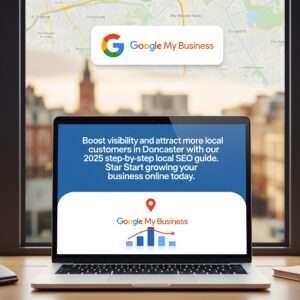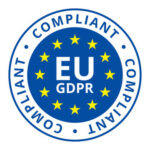No matter your business size, or type, it’s important to make sure your online presence is as strong as it can be. In this article, we’re going to talk you through ways you can improve website traffic by optimising your pages for best SEO practices. Follow these best practices, and you’ll have a better chance of ranking high in relevant search results.
But at this point, you may be wondering what the difference is between on-page and off-page SEO! Don’t worry, because we’re going to break it down for you.
On-Page SEO
So, on-page SEO refers to the content or coding of your pages that can be optimised. There are a number of things you can focus on improving, in order to improve your ability to rank well.
The first thing we’re going to take a look at is the content of your website. To make sure your content helps you to rank well, it needs to be relevant, and to a high standard.
Consider the type of searches your target audience is using, which you can do by using a Keyword targeting tool such as SE Ranking. Create content around the keywords you’ve found, whether it’s product descriptions, blog posts, or service pages.
You could even make an FAQ page to answer any questions that are being frequently asked in your industry.
It’s also important to make sure the UX (user experience) of your website is as good as it can be. The better the user experience, the more chance people will return to your website or recommend it to others. Make sure you have well laid out content, with pages that are easy to navigate, and a good mixture of text and images across your site.
An easy to use website with high-quality content isn’t useful if it takes ages to load, so make sure your pages are as fast as they can be. If you’re using a number of plug-ins, or images aren’t optimised, that could be slowing your site down. Test your speed with Google PageSpeed, and go through the fixes they recommend. You should be aiming for a load time of around 2-3 seconds.
One final thing you can do that makes a big difference to your ranking involves creating a good meta description and title tag for the pages you want people to see. Title tags are the text that appears in bold on search engine results pages. These should be short and snappy and capture the attention of your target audience.
Now, Meta Descriptions are the bit underneath title tags. You have more words to play with, but again, the main focus is trying to capture attention and make people click through to your page.
We’ve written a great blog all about title tags and meta descriptions here!
Off-Page SEO
Off-page SEO refers to the things you do outside your website, that can help you optimise it further. It focuses more on the reputation that your website has, its relevance, authority and trustworthiness.
Although we don’t know for certain, the general consensus is that the search engine algorithm considers off-page optimisation just as much as on-page when ranking.
So, the first step to improving your off-page SEO is by using backlinks. A backlink is when one of your pages is linked to a completely different website. For best SEO, you should ideally be getting backlinks to a website that generates more traffic and ranks higher than you do. This will boost your own website’s authority and reputation to the algorithm, along with potentially giving you an increase in traffic.
We’ve previously written about how you can use social media to help with your website’s SEO. If you’ve already got a strong presence across multiple platforms, and a good content strategy, then social shares of your articles, products or services can be a great way to improve website traffic. If you’re just starting out with social media, see how you can get the most out of it by reading our blog post here.
Finally, if you have a consistent stream of quality content on your website, an opportunity for you to write an article or post on another website might come up. You should get permission to link back to your own site in this article, which will not only give you an important backlink but also help to increase the authority of you and your business.
Conclusion
We hope you found this article helpful! If you want to learn more about ways you can improve your SEO and generate organic traffic to your site, why not check out some of our other articles?
SEO: 4 Reasons Why You Should Optimise Your Site
Incorporating SEO Into Your Web Design
As a marketing agency, our team of experts at Be My Social can help you with all forms of SEO. Our goal from an SEO perspective is to improve website traffic for all businesses. Get in contact with us today!
